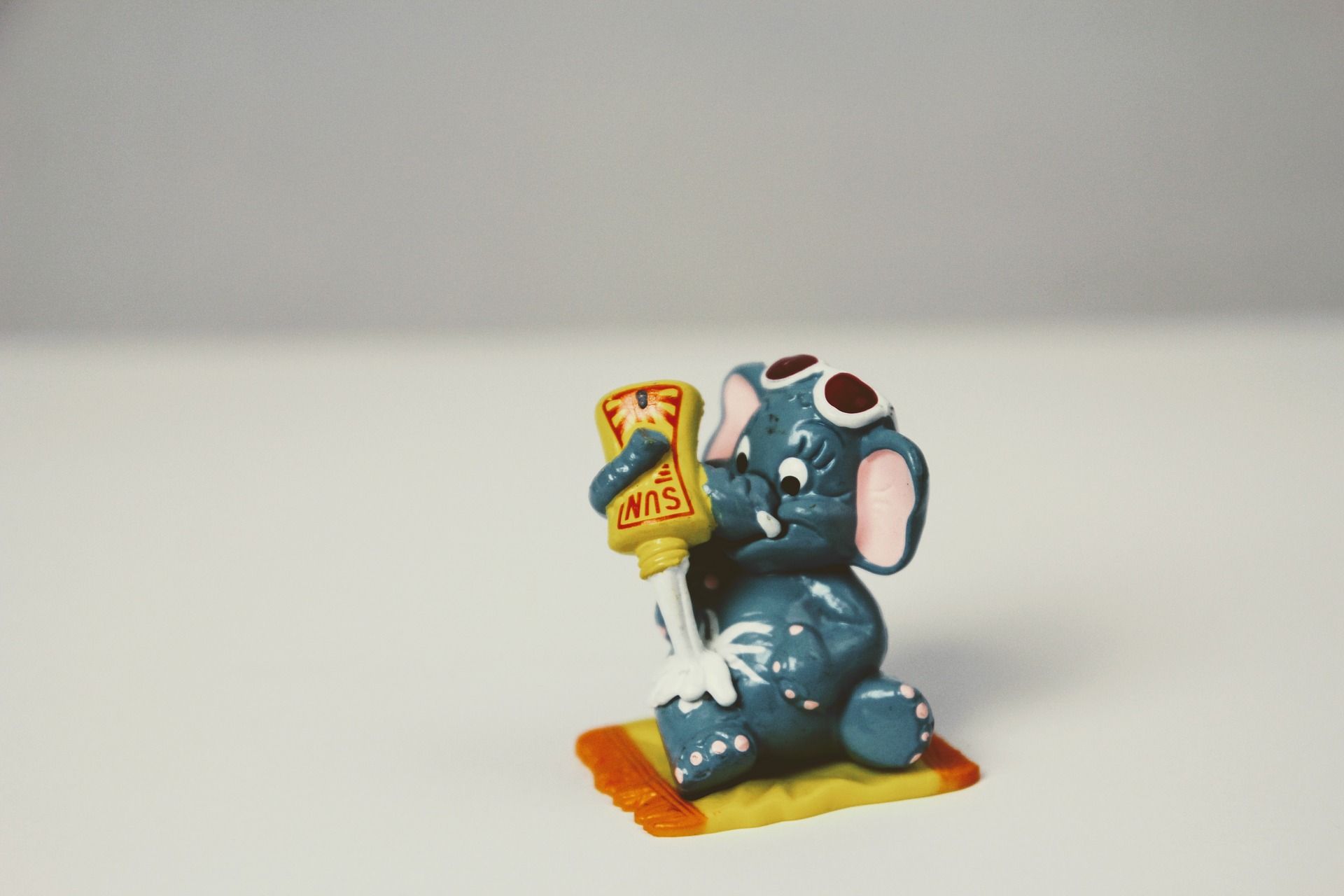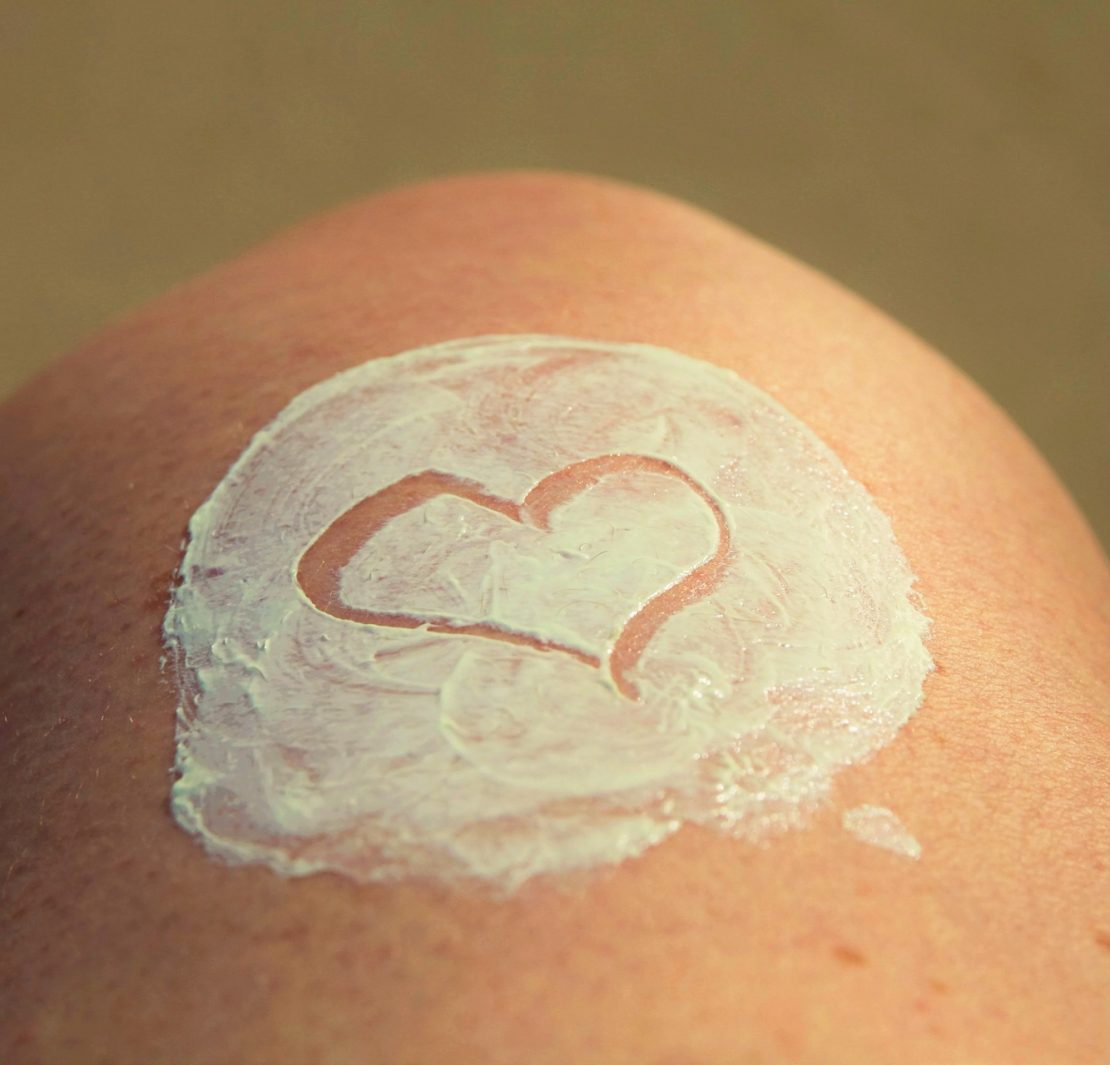When I was around 16 to 18, I never really bothered with skincare because my skin didn’t really need it (except for sunblock because I was always outside). But I’ve always been fascinated by it thanks to beauty vloggers who demonstrated their meticulous morning and evening routines.

I just recently hopped on the skincare train and so far, I’m loving it. I’d be lying if I said I didn’t spend a good amount of dough for a couple of skincare products. But it took me a while before I could confidently click “Checkout” because I had to do my research first. I found that skincare science is about finding the ingredients that work well together, as well as the ones which work against each other or cancel each other out.
Read on to know which skincare ingredients you should never mix.
Retinol (Vitamin A) and acidic ingredients
I know I’m guilty; after using an exfoliator with salicylic acid, I’d put Retinol on problem areas before hitting the sack. Now I realize why I never saw results. Simply don’t use retinol with AHAs (lactic or glycolic acids), BHAs (salicylic acid), and Vitamin C serums.
One of two things will happen: First, your skin will exfoliate like crazy. Using too many exfoliants will leave your skin flaky, irritated, and sensitive. Retinol alone makes your skin more photosensitive, so better save them for your evening skincare routine. Secondly, Retinol and Vitamin C cancel each other out. Retinol works best at a pH of 5.5 to six, while Vitamin C works at a pH of 3.5 or less. Use these two together and you’re in for a whole lot of peeling pain.
Niacinamide and acidic ingredients
Just trade Retinol for Niacinamide and the same rules as above apply. It’s not advisable to use both at the same time because doing so will render the effectivity inactive. Mixing Vitamin C with Niacinamide also creates Niacin, which can make your skin flush. A pro-tip would be to use Niacinamide in the morning and the acidic skincare products in the evening. If you really want to use them together, wait 30 minutes in between application.
Benzoyl Peroxide and Hydroquinone
Benzoyl peroxide is great for acne while hydroquinone is a skin lightening agent. Using them together will not only make your skin sensitive and irritated, it might also stain your skin (though you can easily rinse it with soap and water).
The Fix
Don’t throw your skincare potions just yet. You can still use them together, provided that you use them at different times of the day or week.
Read more:
Pore strips are bad for your skin
Go local with these natural skincare and beauty products
Your toothpaste is probably the culprit behind pimples
Writer: BEA LLAGAS




